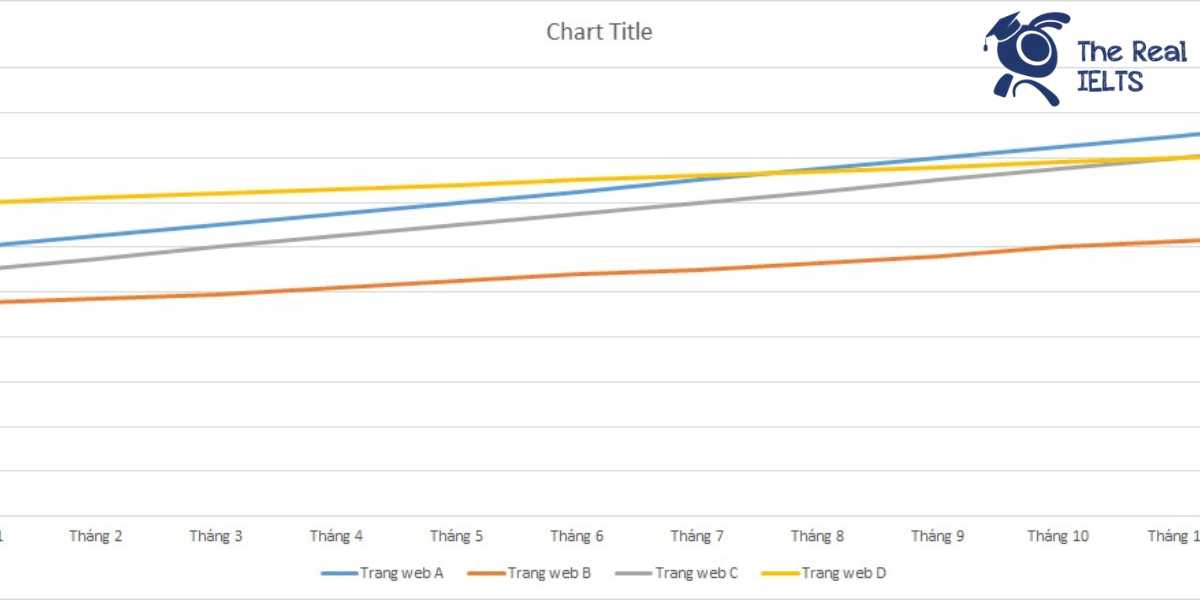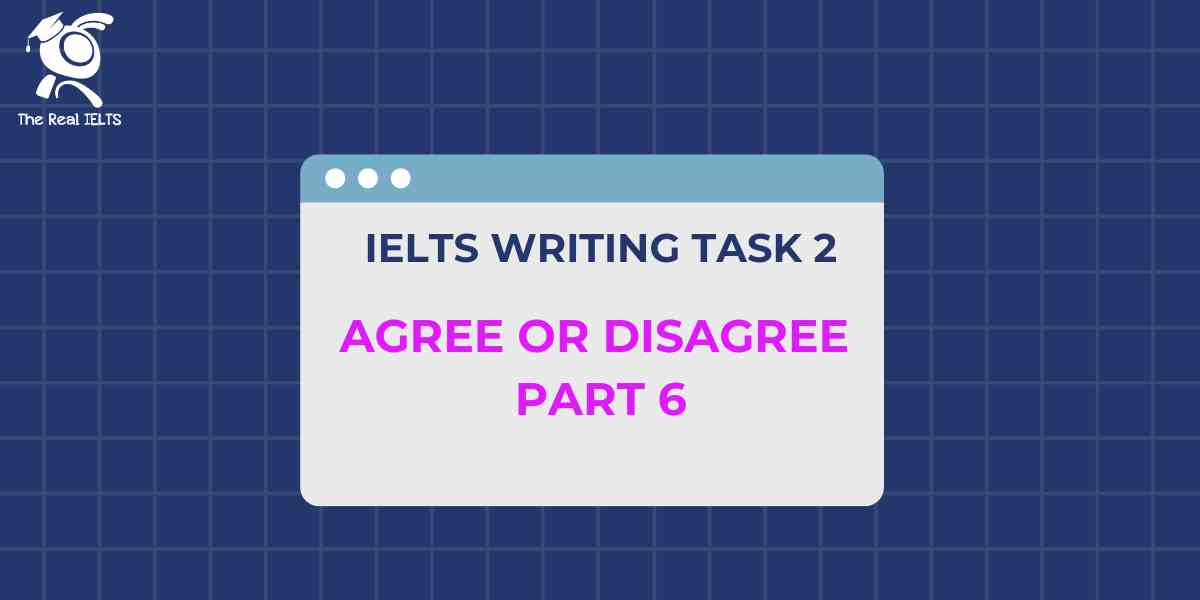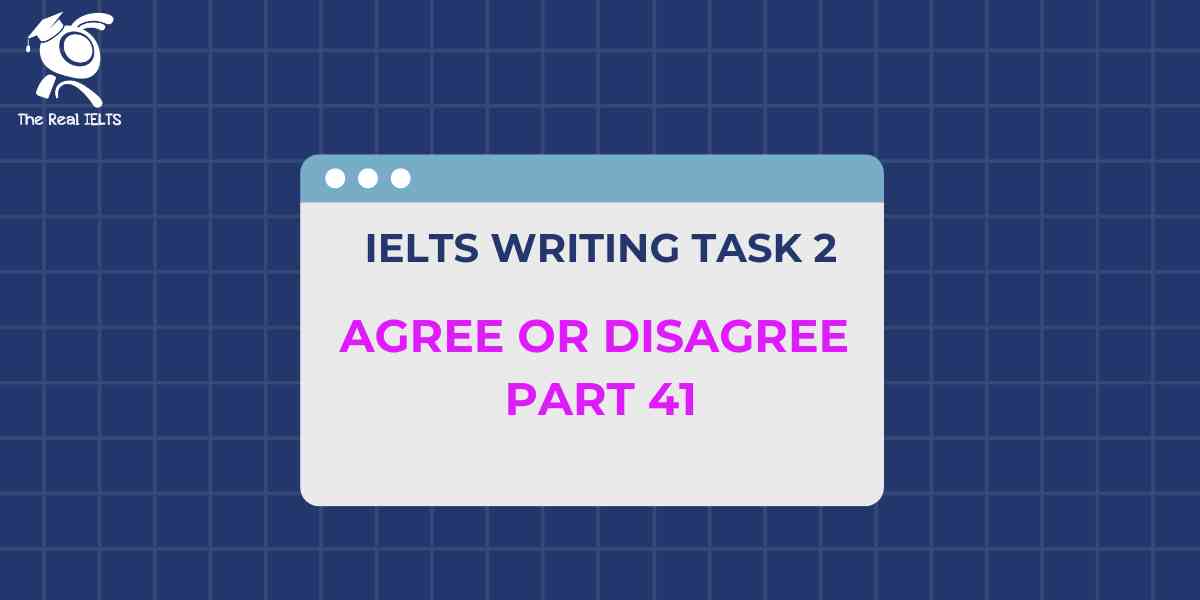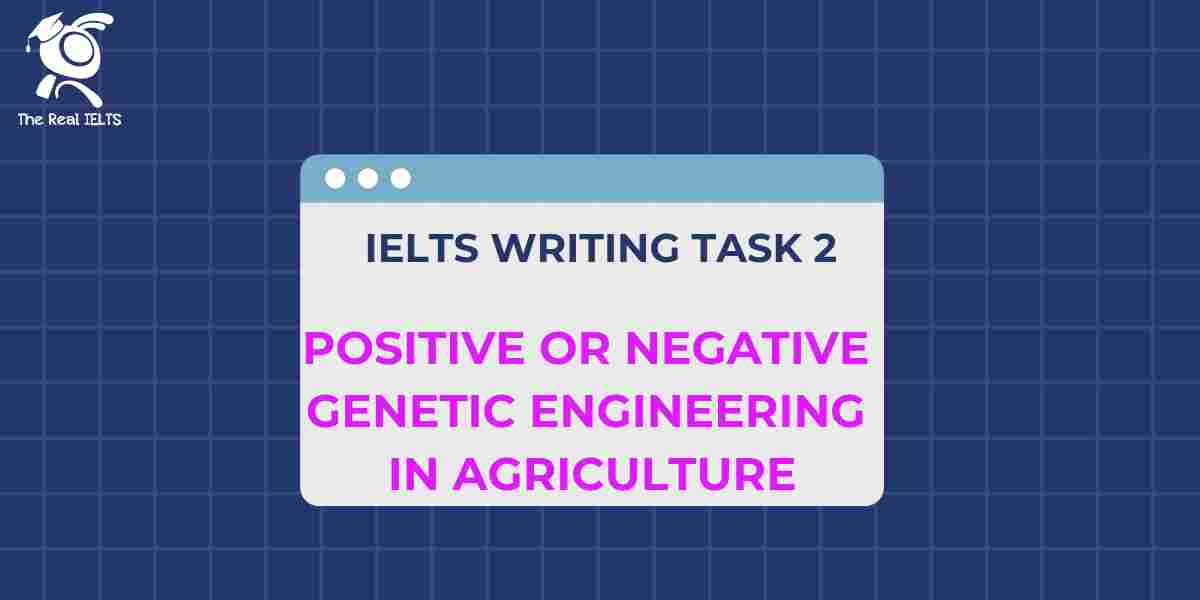Đề thi IELTS Reading có tiêu đề “The Role of Sports in Society”
Nhớ đọc thêm các bài luyện thi IELTS nhé.
IELTS Reading:”The Role of Sports in Society“
Sports have played a significant role in society for centuries, serving as a source of entertainment, a means of physical fitness, and a platform for social interaction. However, the role of sports extends far beyond these obvious benefits, influencing various aspects of social life, including culture, education, and even politics. The multifaceted impact of sports on society reveals its importance as more than just a recreational activity, making it a powerful tool for social cohesion, national identity, and global diplomacy.
Firstly, sports serve as a key element in fostering social cohesion. They bring people together from diverse backgrounds, creating a sense of community and shared experience. Whether it’s a local football match or the Olympic Games, sports have the ability to unite individuals who may otherwise have little in common. This unifying power is particularly evident during international competitions, where national pride and identity are often on full display. The shared experience of cheering for one’s country can bridge social and cultural divides, fostering a sense of unity and belonging among citizens.
Moreover, sports contribute significantly to the development of national identity. Countries often use sports as a means of showcasing their culture and values to the rest of the world. For instance, the success of national sports teams on the international stage can enhance a country’s global reputation and serve as a source of pride for its citizens. The Olympics, in particular, are a stage where countries can project their strength, unity, and cultural uniqueness. The hosting of such events also allows nations to demonstrate their organizational capabilities and hospitality, further solidifying their place on the global stage.
In addition to fostering social cohesion and national identity, sports also play a critical role in education. Physical education programs in schools promote not only physical health but also important life skills such as teamwork, discipline, and leadership. Through sports, students learn the value of hard work, perseverance, and fair play, lessons that are transferable to other areas of life. Furthermore, sports can motivate students to stay in school and excel academically, as participation in sports is often linked to academic eligibility. This connection between sports and education highlights the broader role that sports can play in the personal and academic development of young people.
Sports also have a profound impact on the economy, generating significant revenue and creating jobs. From the construction of sports facilities to the production and sale of sports equipment and merchandise, the sports industry is a major economic driver. In many countries, sports events attract tourism, contributing to local economies and fostering economic growth. The hosting of international sporting events such as the World Cup or the Olympics can have a transformative impact on a country’s infrastructure and economy, although it also comes with challenges such as the need for significant financial investment and the potential for post-event economic downturns.
Beyond its economic impact, sports play a vital role in global diplomacy. Sports diplomacy involves the use of sports as a tool to improve international relations and foster peace. The concept of sports diplomacy is rooted in the idea that sports can transcend political and cultural differences, providing a neutral platform for dialogue and cooperation. Historical examples of sports diplomacy include the “Ping-Pong Diplomacy” between the United States and China in the 1970s, which helped to thaw relations between the two countries. More recently, sports events such as the FIFA World Cup and the Olympic Games have been used to promote peace and understanding among nations, demonstrating the potential of sports to contribute to global harmony.
However, the role of sports in society is not without its challenges. Issues such as doping, corruption, and the commercialization of sports can undermine the positive impact of sports on society. Doping scandals, for instance, have raised concerns about the integrity of sports, while corruption within sports organizations has led to calls for greater transparency and accountability. The commercialization of sports, particularly the influence of money in professional sports, has also sparked debate about the true purpose of sports and the impact of commercialization on the integrity of sports competitions.
In conclusion, sports play a multifaceted role in society, influencing social cohesion, national identity, education, the economy, and global diplomacy. While sports have the power to unite people and promote positive values, they also face challenges that need to be addressed to ensure that their impact on society remains positive. As society continues to evolve, the role of sports is likely to become even more significant, serving as a reflection of broader social trends and contributing to the shaping of cultural and political landscapes. Whether through the promotion of physical health, the fostering of social unity, or the enhancement of international relations, the role of sports in society is both profound and far-reaching, making it an indispensable part of the human experience.
Đề bài thi IELTS Reading
Multiple Choice
- What is one of the key roles of sports in society?
- A) Entertainment
- B) Economic prosperity
- C) Environmental protection
- D) Religious practice
- How do sports contribute to national identity?
- A) By creating competition among local teams
- B) By showcasing a country’s culture on the global stage
- C) By promoting individual achievements
- D) By limiting international exposure
- Which of the following is NOT mentioned as a benefit of sports in education?
- A) Promotion of physical health
- B) Development of leadership skills
- C) Reduction of academic pressure
- D) Encouragement of teamwork
- What is sports diplomacy primarily used for?
- A) To negotiate economic treaties
- B) To promote international peace and cooperation
- C) To increase tourism in hosting countries
- D) To influence the outcome of international sports events
- What is a potential negative impact of the commercialization of sports?
- A) Increase in global unity
- B) Decrease in sports participation
- C) Erosion of sports integrity
- D) Improvement of sports facilities
True/False/Not Given
- Sports have been important only in recent decades.
- True
- False
- Not Given
- Physical education in schools is linked to academic performance.
- True
- False
- Not Given
- The “Ping-Pong Diplomacy” helped improve relations between the U.S. and China.
- True
- False
- Not Given
- All international sports events have a positive economic impact on the host country.
- True
- False
- Not Given
- Doping scandals have strengthened the integrity of sports.
- True
- False
- Not Given
Yes/No/Not Given
- The author believes that sports are essential for social cohesion.
- Yes
- No
- Not Given
- The author suggests that hosting the Olympics is always beneficial for a country.
- Yes
- No
- Not Given
- The author views the commercialization of sports as entirely negative.
- Yes
- No
- Not Given
- The author thinks sports should be separated from education.
- Yes
- No
- Not Given
- The author argues that sports diplomacy has no real impact on international relations.
- Yes
- No
- Not Given
Matching Information
- Match the following roles of sports with the corresponding effects:
- A) Social cohesion
- B) National identity
- C) Education
- D) Economy
ii) Generates revenue and creates jobs
iii) Enhances a country’s global reputation
iv) Promotes teamwork and leadership skills
Matching Headings
- Match the following sections of the passage with the appropriate headings:
- A) Sports and Global Diplomacy
- B) The Economic Impact of Sports
- C) The Role of Sports in Education
- D) Challenges Facing Sports in Society
ii) Paragraph discussing the economic benefits of sports
iii) Paragraph discussing how sports contribute to the education system
iv) Paragraph discussing doping, corruption, and commercialization
Matching Features
- Match the following concepts with the individuals or entities involved:
- A) The Olympic Games
- B) National sports teams
- C) School physical education programs
- D) International sports events
ii) Served as a platform for showcasing culture
iii) Promote physical fitness and life skills
iv) Have a significant impact on local economies
Matching Sentence Endings
- Complete the sentences by matching the beginnings with the correct endings:
- A) Sports contribute to social cohesion by…
- B) National identity is strengthened when…
- C) The economy benefits from sports through…
- D) Sports diplomacy is effective when…
ii) countries showcase their culture on a global stage.
iii) the generation of revenue and job creation.
iv) it transcends political and cultural differences.
Sentence Completion
- Sports serve as a platform for ________, helping to foster peace and cooperation between nations.
- Physical education in schools not only improves students’ physical health but also teaches them ________ skills.
- The commercialization of sports has led to debates about the ________ of sports competitions.
- Successful national sports teams can enhance a country’s ________ on the global stage.
- The ________ between the United States and China was an example of sports diplomacy.
Summary Completion
25-27. Complete the summary of the paragraph on the economic impact of sports:
Sports generate significant ________ by attracting ________ and creating ________. These events can also have a lasting impact on a country’s infrastructure.
28-30. Complete the summary of the paragraph on sports diplomacy:
Sports diplomacy involves using sports to improve ________ relations and foster ________. A historical example includes the ________ between the U.S. and China.
Short Answer Questions
- What is one way that sports contribute to social cohesion?
- How do international sports events impact a country’s national identity?
- What is the role of sports in education according to the passage?
- What economic benefits do sports bring to society?
- How can sports diplomacy contribute to global peace?
True/False/Not Given (continued)
- Hosting international sports events always leads to long-term economic benefits.
- True
- False
- Not Given
- The passage suggests that sports have only positive impacts on society.
- True
- False
- Not Given
- The author provides examples of how sports influence cultural expression.
- True
- False
- Not Given
Matching Information (continued)
- Match the following benefits of sports with the specific areas they impact:
- A) Physical health
- B) National pride
- C) Economic growth
- D) International diplomacy
ii) Success in sports enhances national reputation
iii) Sports events drive tourism
iv) Sports can help improve relations between countries
Sentence Completion (continued)
- The challenges facing sports, such as ________ and ________, need to be addressed to maintain their positive impact on society.
Đáp án bài thi IELTS Reading
Multiple Choice
- A) Entertainment
- B) By showcasing a country’s culture on the global stage
- C) Reduction of academic pressure
- B) To promote international peace and cooperation
- C) Erosion of sports integrity
True/False/Not Given
- False
- True
- True
- False
- False
Yes/No/Not Given
- Yes
- No
- No
- No
- No
Matching Information
- A) i) Brings people together from diverse backgrounds
- B) iii) Enhances a country’s global reputation
- C) iv) Promotes teamwork and leadership skills
- D) ii) Generates revenue and creates jobs
Matching Headings
- A) i) Sports and Global Diplomacy
- B) ii) The Economic Impact of Sports
- C) iii) The Role of Sports in Education
- D) iv) Challenges Facing Sports in Society
Matching Features
- A) ii) Served as a platform for showcasing culture
- B) i) Helped enhance national pride and identity
- C) iii) Promote physical fitness and life skills
- D) iv) Have a significant impact on local economies
Matching Sentence Endings
- A) i) international sports events bring together diverse groups.
- B) ii) countries showcase their culture on a global stage.
- C) iii) the generation of revenue and job creation.
- D) iv) it transcends political and cultural differences.
Sentence Completion
- diplomacy
- teamwork and leadership
- integrity
- reputation
- “Ping-Pong Diplomacy”
Summary Completion
25-27.
- revenue
- tourists
- jobs
28-30.
- international
- peace
- “Ping-Pong Diplomacy”
Short Answer Questions
- By bringing people together from diverse backgrounds.
- By enhancing the country’s global reputation through success in international events.
- It promotes physical health, teamwork, and leadership skills.
- It generates revenue, creates jobs, and drives tourism.
- By fostering peace and cooperation between nations.
True/False/Not Given (continued)
- False
- False
- True
Matching Information (continued)
- A) i) Sports encourage a healthy lifestyle
- B) ii) Success in sports enhances national reputation
- C) iii) Sports events drive tourism
- D) iv) Sports can help improve relations between countries
Sentence Completion (continued)
- doping and corruption
Luyện tập bài khác ở bài viết:”100 bài luyện IELTS Reading 2024 – 2025“















